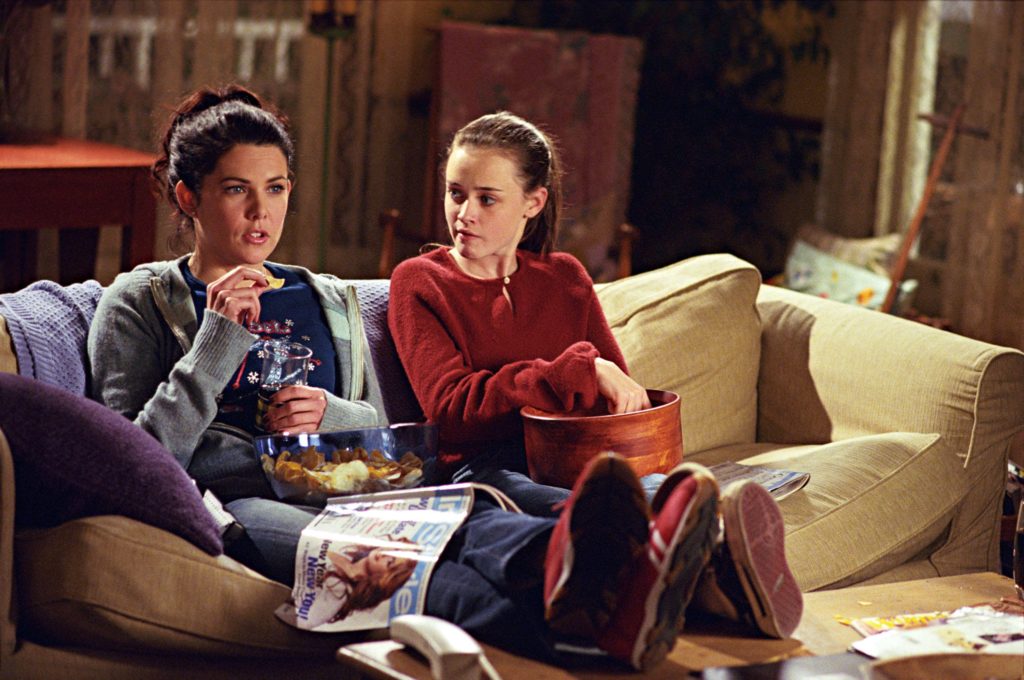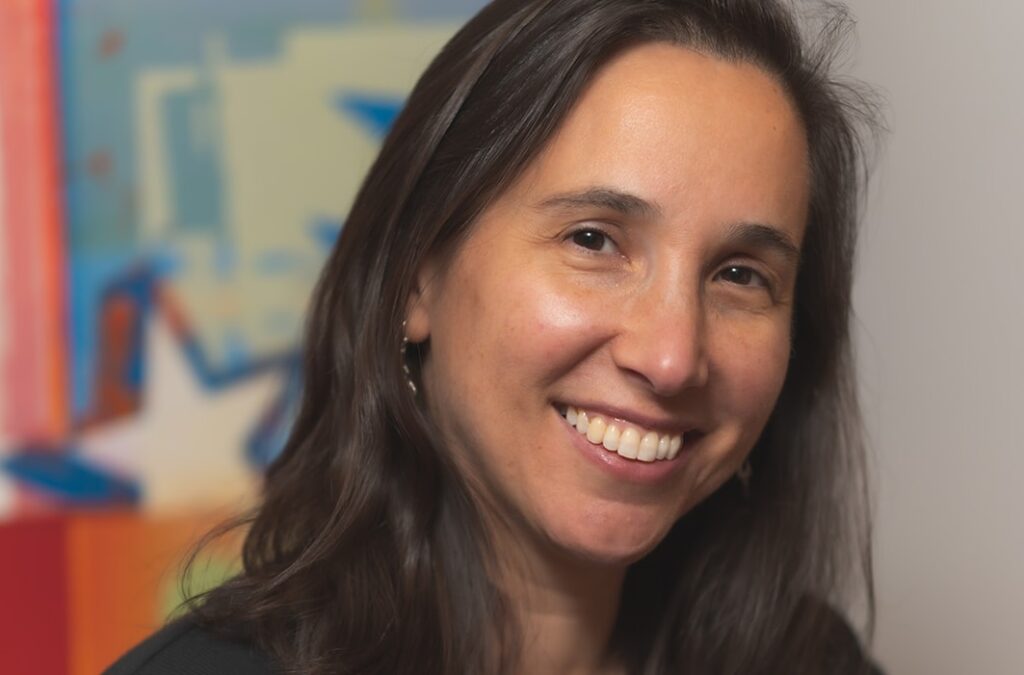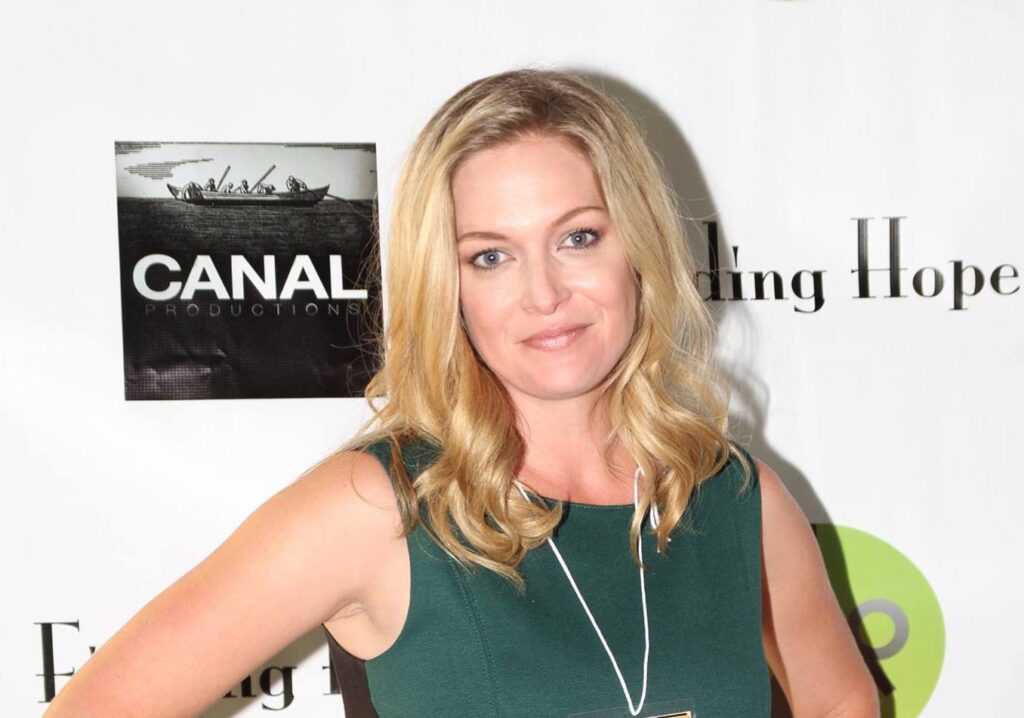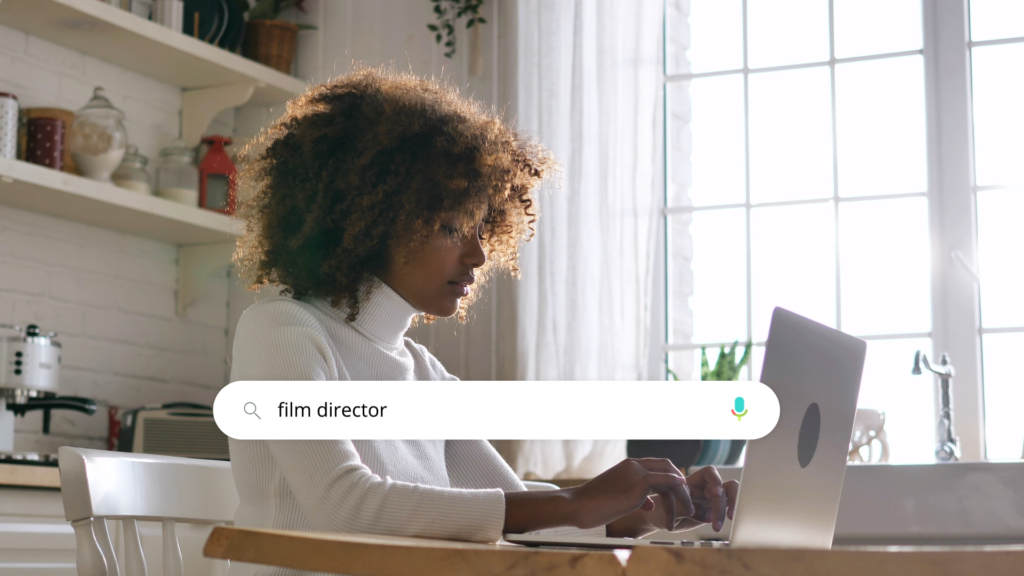By Alexandra Hidalgo
On October 5, “Gilmore Girls” fans celebrated the 20th anniversary of the show’s premiere. For two decades, women around the world have seen themselves reflected in single mother Lorelai Gilmore (Lauren Graham) and her daughter, Rory (Alexis Bledel). Having gotten pregnant at 16, Lorelai fled the stifling upper-class home where she grew up with two-year-old Rory and moves to Stars Hollow, a quirky town populated by idiosyncratic characters who embrace them with the mighty force of their generous hearts. Together, Lorelai and Rory navigate quotidian and life-defining challenges by relying on each other through inside jokes and the intricate daily rituals they developed as they grew up together — one from teenager to woman, and the other from child to teenager.
When creator Amy Sherman-Palladino pitched the show, she was surprised by The WB’s interest in a story about a mother and daughter who were best friends, but for many of us who grew up sharing secrets and desserts with our mothers long into the night, it made perfect sense. With mother-daughter closeness criminally underexplored in TV, “Gilmore Girls” is a delectable mirror we can’t turn away from. Sometimes we see ourselves in Lorelai, sometimes in Rory, but we always find something to relate to.
There was plenty of myself to see in Rory, who grew up adoring a father, who being as young as Lorelai and not as well equipped to raise a child at 16, was mostly absent from his daughter’s life. My parents divorced when I was three, and my dad disappeared in the Venezuelan Amazon when I was six. My mom mended my broken heart by building a whimsical world for us. When our car stereo broke, we launched our own radio shows we’d perform when stuck in Caracas traffic. During lunch at our favorite pizza place, we’d invent intricate backstories for our fellow patrons, complete with inter-table love affairs and long-lost children reappearing. Like Rory, I became preternaturally mature and responsible, turning into my mom’s confidante and helping her work through her desire to find love again.
Being an adult mother of two when I began watching the show this spring, however, I connect mostly to Lorelai and her troubled relationship with her mother, Emily (Kelly Bishop). Their need to connect to each other is palpable, but to do so they must walk through a winding path littered with minor misunderstandings and tenacious resentments, and they often turn back before reaching that desperately needed moment of contact. You see, my mom did find love again when I was 11. My stepfather is a kind, brilliant man, and we love each other, but he never understood the artistic, bohemian side of the world my mom and I built together. Soon that world began to recede and morph until, by the time I left home for college as a pouty teenager, I could no longer see my place in it.
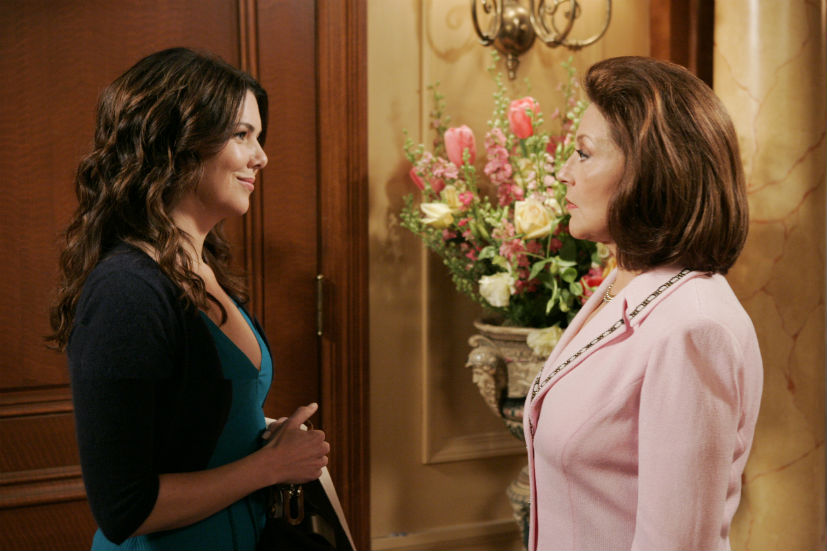
“Gilmore Girls”
Like Lorelai, I claimed my independence at 18, staying in the U.S. for good when my parents moved back to Venezuela. Parents expect their children to leave home, but when that leaving feels like a rejection of that home, it reads like a repudiation of the love the parents gave while raising their children. As Emily continually reiterates throughout the show, she and Richard (Edward Herrmann), Lorelai’s father, did everything they thought was right when raising their daughter. They sent her to the best schools and tried to help her find her place in the wealthy world she was born into. And yet, for Lorelai, who doesn’t naturally fit into that mold, their attempts to change her also feel like a rejection of the person she is and whom she wants to become. In other words, the winding path mother and daughter must walk through to meet each other is paved with wounded love.
Eventually, I became a filmmaker, fashioning my own Stars Hollow with my husband, children, and our artist friends. Like Emily, my mom felt the slap of my escape, but having a deep well of inextricable closeness similar to Lorelai and Rory’s to draw from, she forgave me. She’d visit us for weeks at a time, fitting beautifully into our lives because my Stars Hollow was not too distant from the life we’d shared when I was a child. Still, every few years something would set us off and we’d end up with our own epic Emily and Lorelai Friday Night Dinner standoff. The most epic of them all happened in July 2019 during a trip to Mexico.
For years now, I’ve been working on a documentary about my father’s disappearance, but as I digested our Mexico fight, I realized I couldn’t make the film without first unraveling my conflict with the one who picked up the pieces when Dad vanished. Through the documentary, I expressed the affection and regret for my mother I didn’t know how to phrase in person. After watching the latest cut this summer, she wrote me the words I needed to hear, a much more poetic version of “I acknowledge and understand your pain over our relationship.” A few days later, I watched Lorelai climb a hill in the last episode of the show’s 2016 Netflix revival, “A Year in the Life,” and call her mom to apologize via a monologue that should go in TV’s Hall of Fame. After crying for Lorelai, I left my mom my own teary apology. We’d done the arduous work of accepting the pain we’d caused, and now we’re rebuilding a new world together, continents away but closer than we’ve been in years.
One of “Gilmore Girls’” most captivating traits is, no matter how combative the relationship between Lorelai and Emily gets, they eventually work it out, even if they know the reprieve is temporary. Some wounds, especially those that stem from fractures to our deepest connections, will always be there, but as the show so eloquently argues, that’s okay as long as we’re willing to reconcile again and again. Now that my mom and I are in a moment of our lives when we’re as close as we were when we made up passionate affairs for unsuspecting pizza-eating patrons, I can return to enjoying the irresistible intimacy that Lorelai and Rory share. I can explain my thoughts on the show to her in that language we invented when I was a broken girl who’d lost her father and she the woman who put me back together.
Alexandra Hidalgo is an award-winning Venezuelan filmmaker, theorist, memoirist, and editor, whose documentaries have been official selections for film festivals in 15 countries. Her videos and writing have been featured on The Hollywood Reporter, IndieWire, NPR, The Criterion Collection, and Women and Hollywood. She is associate professor of Writing, Rhetoric, and American Cultures and co-director of the Doc Lab at Michigan State University, and the co-founder and editor-in-chief of the digital publication agnès films. You can learn more about Hidalgo on her website and about her documentary about her father here.
